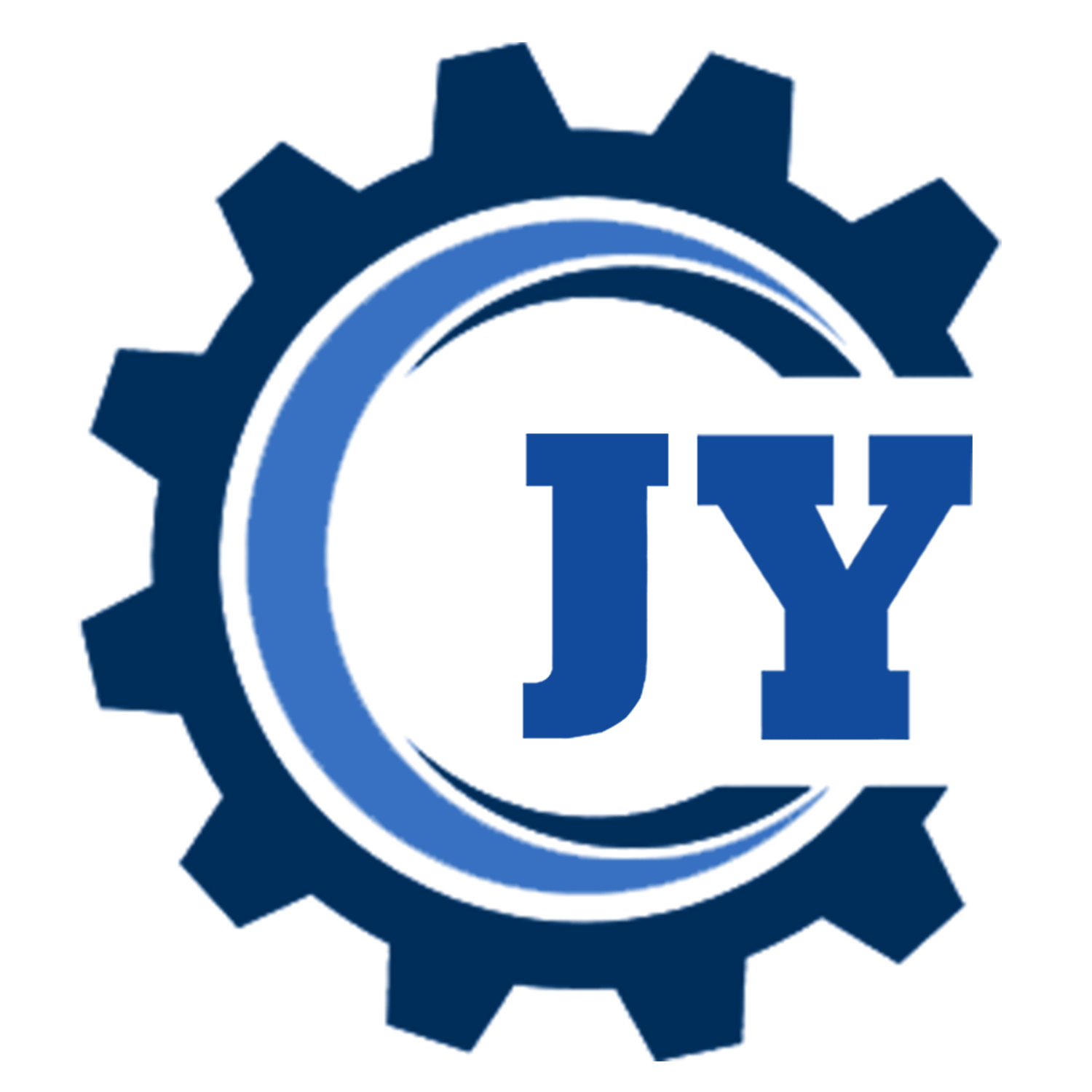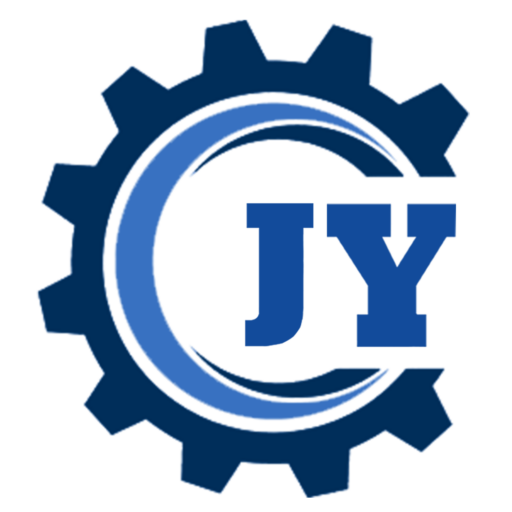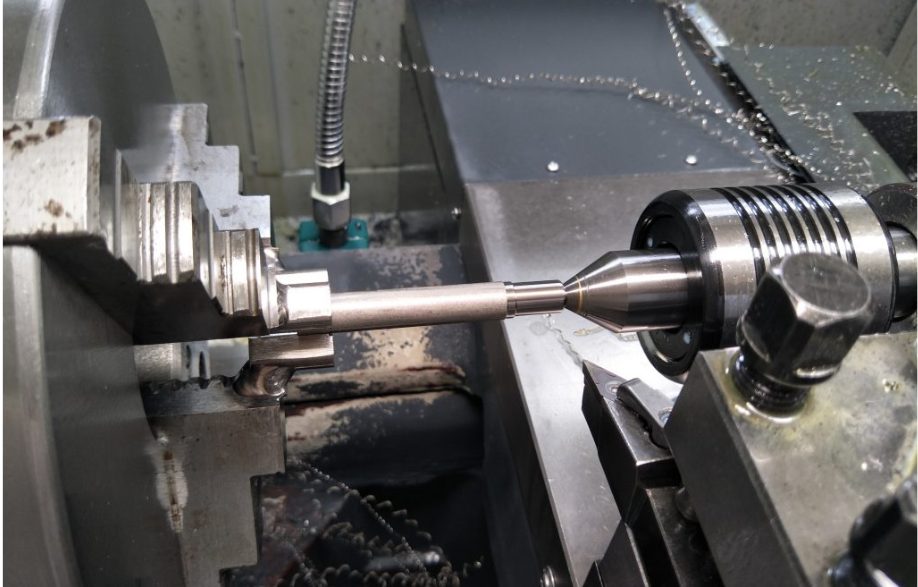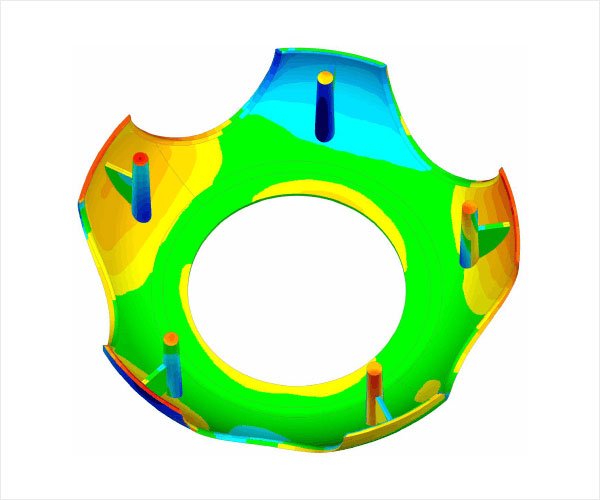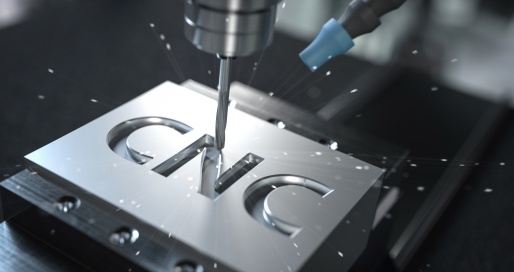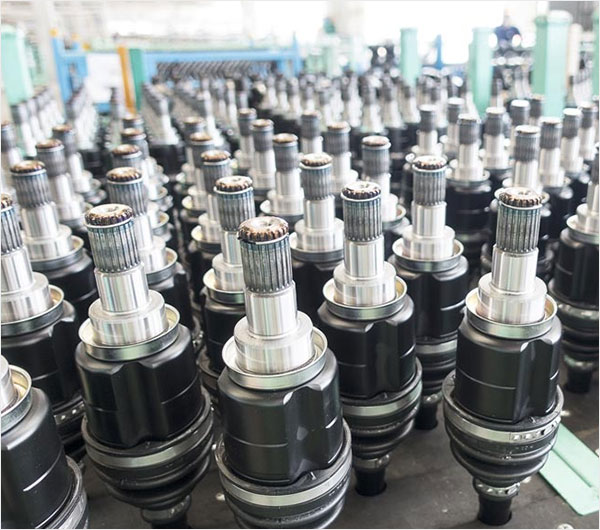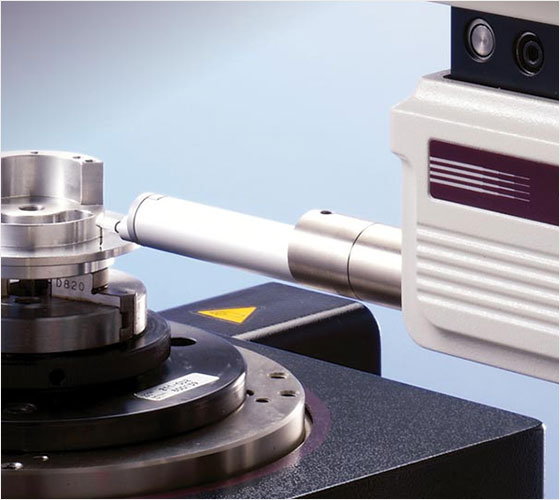Are you looking to improve your manufacturing process and take your business to the next level? Look no further than our CNC turning service. With advanced technology and precision engineering, our CNC turning service has revolutionized the manufacturing industry.
In this blog, we’ll dive into the details of what CNC turning is, how it works, and how it can benefit your business. From increased efficiency and accuracy to reduced waste and costs, there are many advantages to incorporating CNC turning into your production process.
So whether you’re a small business owner or a large corporation, our CNC turning service can help take your manufacturing to new heights. Read on to learn more about this game-changing technology and how it can transform your business.
What is CNC Turning and how does it work?
CNC turning is a machining process that involves the removal of material from a rotating workpiece using computer-controlled cutting tools. The workpiece is typically held in place by a chuck and rotated at high speed while a cutting tool moves along it to remove material. The cutting tool is guided by a computer program that controls its movements and ensures precise cuts.
During CNC turning, the workpiece is slowly fed into the cutting tool, which removes small amounts of material from the surface. This process continues until the desired shape or finish is achieved.
Advantages of CNC Turning over traditional turning methods
CNC turning offers several advantages over traditional turning methods. For one, it allows for greater accuracy and precision in the finished product. CNC machines can make more complex cuts and shapes with ease, which is not always possible with manual methods.
Additionally, CNC turning is more efficient and can produce parts much faster than manual turning. This means that manufacturers can produce higher volumes of parts in less time and at a lower cost.
Finally, CNC turning is easier to set up and operate compared to traditional methods. With computer-programmed cutting tools, operators can quickly switch between different parts and designs without having to manually adjust the machine for each job. This saves time and reduces the risk of errors or mistakes during setup.
Applications of CNC Turning
CNC turning is commonly used in a variety of industries, including aerospace, automotive, medical, and electronics. It is especially useful for producing complex parts with high precision and accuracy.
Examples of parts that can be made using CNC turning include shafts, valves, bearing housings, pistons, and more. With its versatility and efficiency, CNC turning has become an essential tool for modern manufacturing processes.
Materials that can be used with CNC Turning
CNC turning can be used with a wide range of materials, including metals, plastics, and even wood. Commonly used metals include aluminum, steel, brass, and copper. Plastics such as nylon, acrylics, and polycarbonates can also be turned using CNC machines.
Additionally, some CNC turning machines are capable of cutting harder materials like titanium and ceramics. The type of material used will depend on the specific application and requirements of the finished product.
Types of CNC Turning machines available
There are several types of CNC turning machines available, each with different capabilities and specifications. The most common types include:
- Horizontal Turning Centers: These machines have a spindle that is mounted horizontally and can rotate the workpiece on its axis. They are ideal for producing long and heavy parts.
- Vertical Turning Centers: These machines have a spindle that is mounted vertically and can rotate the workpiece on its axis. They are ideal for producing large-diameter parts.
- Swiss-Type Turning Centers: These machines are designed for high-precision and small-diameter parts. They use a sliding headstock to feed the material through a guide bushing, allowing for greater accuracy and control.
Advantages of CNC Turning Service
CNC (Computer Numerical Control) turning service is one of the most widely used machining processes in manufacturing. Here are some advantages of using CNC turning service:
- Greater precision and accuracy in producing complex parts
- Increased efficiency and productivity, allowing for quicker turnaround times
- Consistency in part production, ensuring each piece is identical to the last
- Reduced waste and material costs, as CNC machines are able to optimize material usage
- Flexibility in materials used and part designs, allowing for customized solutions to fit specific needs.
Conclusion of CNC Turning Service
CNC Turning Service turning is a highly efficient and precise manufacturing process that has revolutionized the industry. With its ability to produce complex parts with consistency, speed, and accuracy, CNC turning has become an essential tool in many industries.
Whether it’s for small diameter parts or heavy-duty production, there is a CNC turning machine available to meet any requirement. Its advantages over traditional manufacturing methods make it a reliable and cost-effective solution for businesses looking to optimize their production processes.

